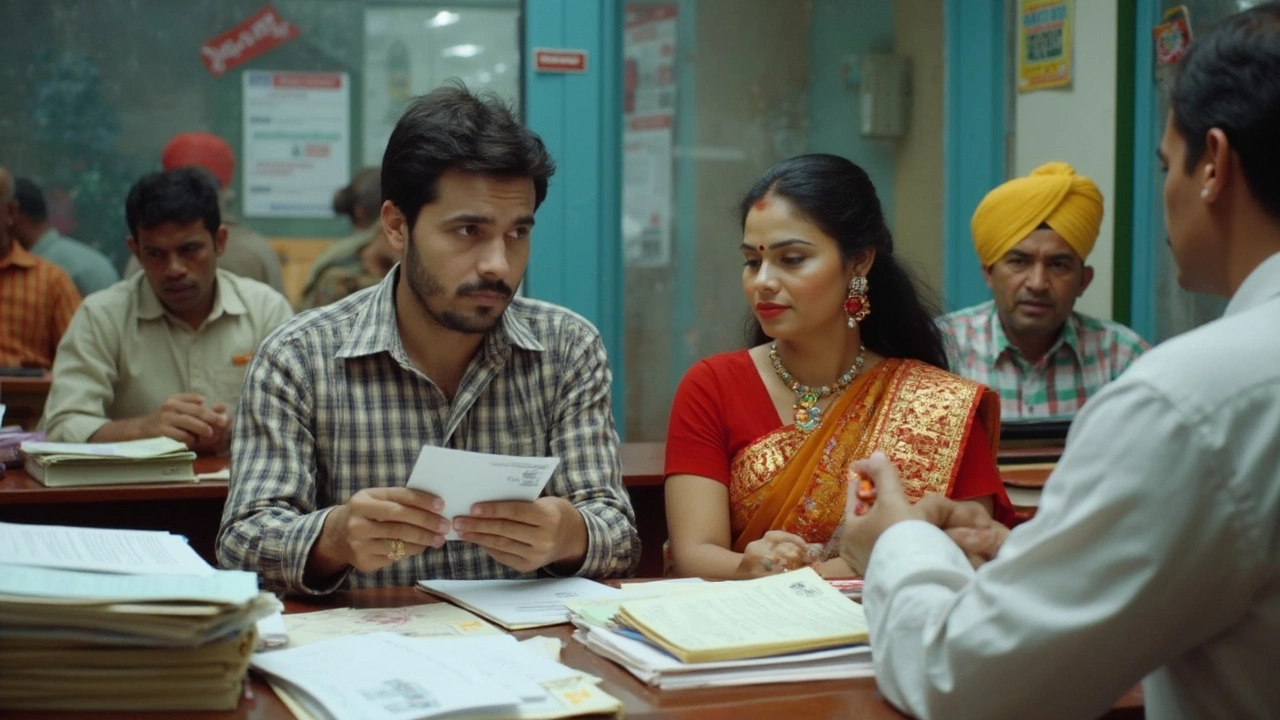Mixed Nationality Marriage in India: What You Need to Know
Getting married to someone from another country can feel exciting and confusing at the same time. India has its own set of rules, paperwork, and cultural quirks that you’ll have to juggle. Below you’ll find simple, step‑by‑step advice that cuts through the legal jargon and helps you focus on the happy part of tying the knot.
Legal Steps to Register a Mixed Nationality Marriage
First, decide which law you’ll follow. Most couples in India use the Special Marriage Act, 1954 because it works for partners of different religions and nationalities. The Hindu Marriage Act, for example, only applies if both parties are Hindus.
Here’s the quick checklist:
- Notice of Intended Marriage: Submit a notice to the Marriage Registrar at least 30 days before the ceremony. Both partners must appear in person and bring original passports, visa, and proof of address.
- Documents you’ll need: Passport, valid visa or OCI card, birth certificate, and a No‑Objection Certificate (NOC) from the foreign partner’s embassy if required.
- Medical certificate: Some states ask for a simple health check to confirm you’re both free from contagious diseases.
- Age verification: You must be at least 21 (male) or 18 (female). Bring ID proof like Aadhar, PAN, or a driver’s license.
- Witnesses: Two witnesses who know you well must sign the marriage register.
After the 30‑day waiting period, the Registrar will issue a marriage certificate. Keep a copy safe – you’ll need it for visas, property registration, and tax purposes.
Common Challenges and How to Tackle Them
Even after the paperwork is done, a few practical issues can pop up.
Visa and Stay Issues: Your foreign spouse must have a valid entry visa (e.g., Entry (X) Visa) and later apply for a Resident Permit (R‑category visa). The marriage certificate is the key document for this process.
Property Rights: Under the Special Marriage Act, both partners enjoy equal ownership of any property bought after marriage. If you already own a house, consider a joint deed or a gift deed to avoid future disputes.
Family Acceptance: Mixed nationality marriages sometimes face social pressure. Talk openly with both families, share the legal benefits, and involve a neutral elder or counselor if needed.
Tax Implications: Your spouse’s worldwide income may be taxable in India if they become a resident. Filing jointly can give you deductions, but it’s wise to consult a tax advisor early.
Divorce and Custody: If things go south, Indian courts apply the same family law rules to mixed nationality couples. The marriage certificate, visa records, and any joint assets become crucial evidence.
For deeper dives into specific topics like “Is Indian marriage valid without registration?” or “Living separately for divorce in India,” check out our related articles. They break down the legal bits in plain language and give you real‑world examples.
Bottom line: a mixed nationality marriage in India is absolutely doable. Keep your documents organized, follow the Special Marriage Act steps, and stay ahead of visa and tax details. With the right prep, you’ll spend more time enjoying your partnership and less time worrying about paperwork.
American Marries Indian: What Happens with Registration in India?
When an American marries an Indian in India, the paperwork, rules, and process can get confusing fast. This article breaks down the exact steps and requirements both need to know for a smooth marriage registration. Even little details, like which forms to fill and what documents you can’t skip, can make or break the process. You’ll also find tips for avoiding common mistakes. No fluff, just real steps to take if you want your marriage registered quickly and legally.
